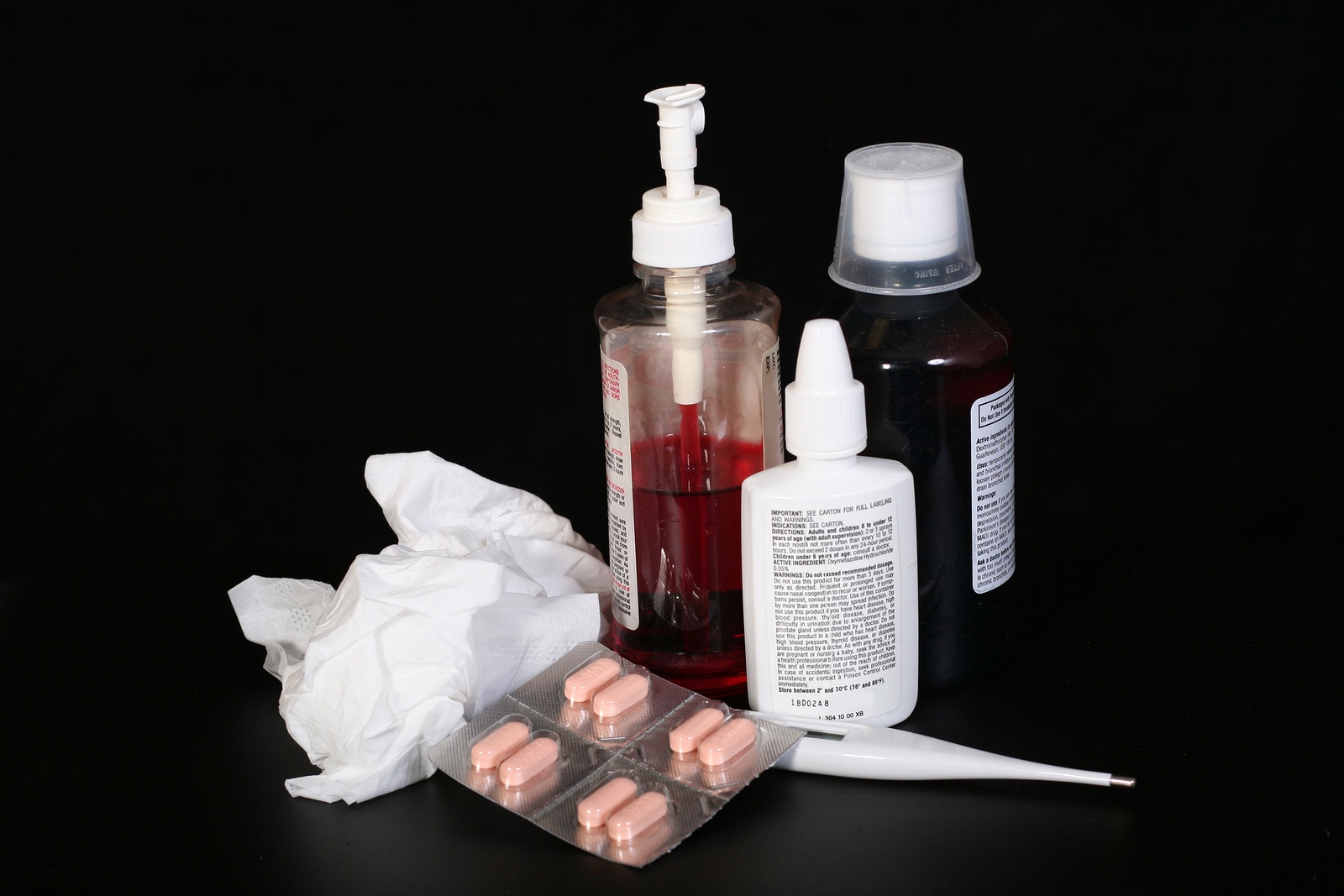Both your primary care physician and your ENT may recommend that you use a decongestant in the form of either an over-the-counter spray or tablet.
If you have chosen not to see your doctor and are dealing with your sinusitis alone, seeking relief from the pressure and congestion is one of the first things you’ll pursue.
The Problem with Decongestant: Nasal Sprays and Rebound
Nasal sprays offer one of the most direct and instant means of relief for painful sinus congestion – almost too quick. With over-the-counter medications, people often think that if one dose is good, two is better.
Over-medicating with these items is common and dangerous. The implications for managing sinusitis are especially important.
The two active ingredients in most commercially available nasal decongestant are oxymetazoline or phenylephrine. Both cause a phenomenon called “rebound” if used for an extended period of time.
When rebound occurs, the swelling instantly returns when the effect of the spray wears off.
In fact, the swelling evident in rebound tends to be more severe; leading people to pick up the spray bottle and use even more of the preparation; seeking the same level of relief they initially received.
This sets up a vicious cycle of addiction; until the affected person literally cannot breathe for any extended period of time without a “hit” of nasal spray.
To avoid the development of rebound; a nasal spray with an active ingredient should never be used for more than 2-3 days.
A saline nasal spray can be used for any amount of time without fear of rebound; but these products do not deliver the same kind of dramatic results.
It is also a good idea to select a nasal spray that is formulated for mild doses; of approximately four hours.
Regardless, only turn to a nasal spray to get yourself through really severe instances of congestion, otherwise, avoid these products.
The Problem with Decongestant: Oral Decongestants
All oral decongestant have pseudoephedrine as their active ingredient. These pills are slower to provide relief from sinusitis, but they do not raise the potential for addictive rebound. They do, however, have other potentially harmful side effects.
People with high blood pressure should not use oral decongestants due to their propensity for causing heart palpitations.
Almost anyone can experience a sense of being “jittery” when taking pseudoephedrine, which can also cause insomnia.


 I love to write medical education books. My books are written for everyone in an easy to read and understandable style.
I love to write medical education books. My books are written for everyone in an easy to read and understandable style.